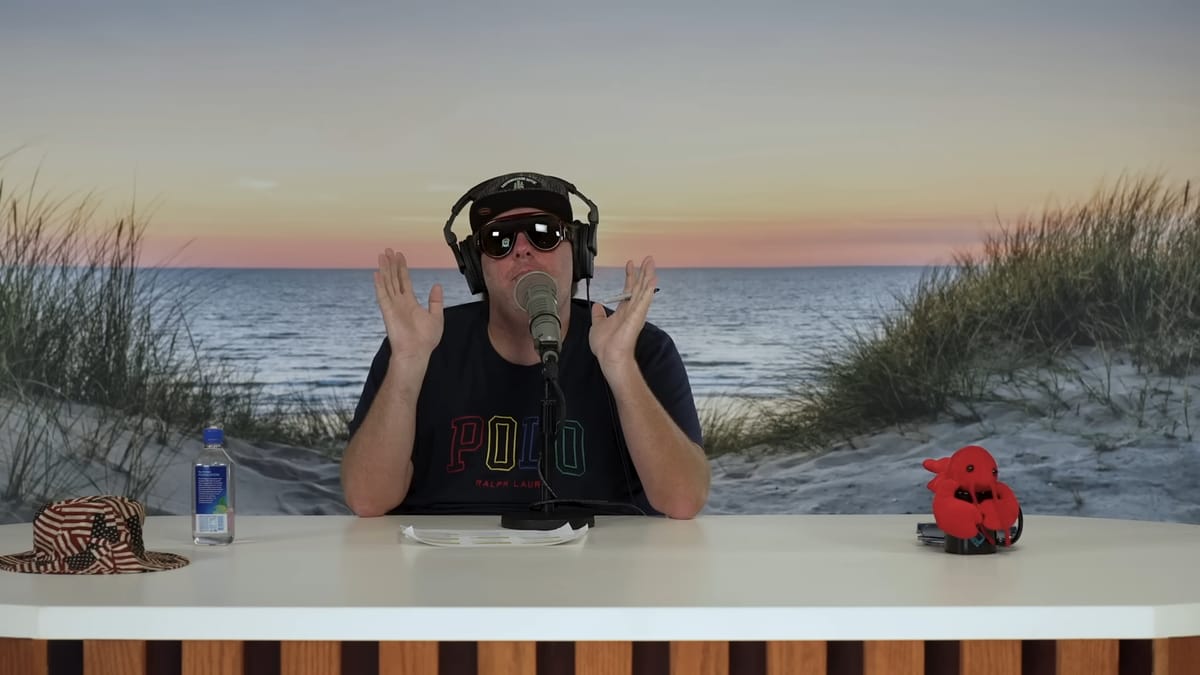# Riyadh Comedy Festival: A Controversial Stage for Laughter and Human Rights
The Riyadh Comedy Festival, scheduled from September 26th to October 9th, boasts the title of “world’s largest comedy festival.” However, the impressive lineup of American comedians, including Dave Chappelle, Kevin Hart, and Bill Burr, has ignited a firestorm of controversy. Critics argue this lavishly funded event, orchestrated by the Saudi government, is a thinly veiled attempt to enhance the Kingdom’s international image—a tactic widely condemned as ‘sportswashing’ and ‘whitewashing’. The question looms large: is this genuine cultural exchange, or a calculated PR stunt?
## Saudi Arabia’s Image: Sportswashing and the Pursuit of Global Acceptance
Saudi Arabia’s multi-billion dollar investment in high-profile entertainment and sporting events is no accident. It’s a sophisticated public relations campaign strategically designed to overshadow the nation’s egregious human rights record. From the controversial LIV Golf tour to this major comedy festival, the Kingdom aims to distract global attention from ongoing human rights violations. Is this a genuine effort at cultural exchange or simply a clever distraction?
The scale of this investment is staggering! Billions are being poured into these events. One has to wonder: are these the best use of resources for a nation facing numerous critical domestic issues? Shouldn’t these funds be directed towards addressing urgent needs within the Kingdom itself? The blatant use of financial power to shift global narratives raises serious concerns.
The Jamal Khashoggi assassination, widely attributed to Crown Prince Mohammed bin Salman (MBS), remains a chilling reminder of the Kingdom’s human rights abuses. This event, along with numerous other instances of suppression, has fueled widespread international criticism. The sheer volume of money invested further highlights the determination to polish a tarnished image, but at what cost?
## Comedian Ethics: A Moral Crossroads at the Riyadh Comedy Festival
Human Rights Watch (HRW) has explicitly addressed the ethical quagmire faced by the participating comedians. They’ve urged the performers to avoid becoming complicit in concealing the abuses of a repressive regime. HRW emphasizes the risk of inadvertently contributing to the whitewashing of the Saudi government’s actions, thereby subtly legitimizing a regime with a documented history of human rights violations. What responsibility do these entertainers bear in this complex situation?
The astronomical fees reportedly offered – some comedians earning upwards of $1.6 million for a single performance – significantly amplify the ethical dilemma. Are lucrative financial incentives outweighing the moral implications? This isn’t simply about entertainment; it’s about potentially endorsing a government with a disturbing human rights record. What message does this send to the world? Is the pursuit of profit justifying complicity?
### The Case of Turki Al-Jasser: A Journalist Silenced

The execution of journalist Turki Al-Jasser underscores the severity of the Saudi government’s actions. Al-Jasser, executed in June 2025 after seven years of detention, was convicted on terrorism charges deemed “false” by Reporters Without Borders (RSF). His crime? Allegedly authoring anonymous tweets critical of the royal family. The alarming lack of significant international condemnation highlights the success of Saudi Arabia’s image-building campaign in silencing dissent. How can the world reconcile enjoyment of a comedy festival with the silencing of dissenting voices? This is unacceptable!
The international community must hold Saudi Arabia accountable for its human rights record, regardless of its investment in high-profile events. The lack of global outcry over Al-Jasser’s execution, and numerous similar cases, is a significant cause for concern and points to a systemic issue requiring urgent attention. The silence is deafening. This silence allows for further abuses.
Concerns about self-censorship among the comedians are also significant. HRW suggests the existence of “clear red lines,” effectively preventing any criticism of MBS, his policies, or the royal family. Will comedians feel pressured to self-censor, thus compromising artistic freedom and freedom of expression? Will the fear of jeopardizing lucrative contracts outweigh their commitment to artistic integrity?
Despite multiple attempts to obtain comment from the comedians’ publicists and the Saudi Ministry of Foreign Affairs, responses have been scarce. This lack of transparency and the deafening silence only intensify the unease surrounding this event. Open communication and accountability are essential in addressing these concerns.
The Riyadh Comedy Festival presents a deeply troubling ethical dilemma. It highlights the inherent conflict between the pursuit of entertainment and the urgent need to address human rights violations. The actions – or inactions – of these high-profile comedians will have far-reaching consequences, influencing their legacies and shaping the international perception of Saudi Arabia’s human rights crisis. The world is watching, and the consequences will be far-reaching.
This event serves as a stark reminder of the powerful influence wielded by entertainment and the critical importance of holding powerful actors accountable for their choices. The debate surrounding the Riyadh Comedy Festival will undoubtedly continue, demanding careful consideration of its complex ethical implications. The international community needs to engage in critical dialogue and demand transparency and accountability.